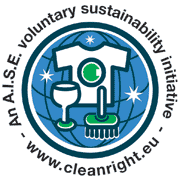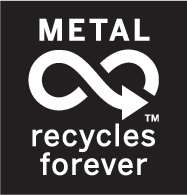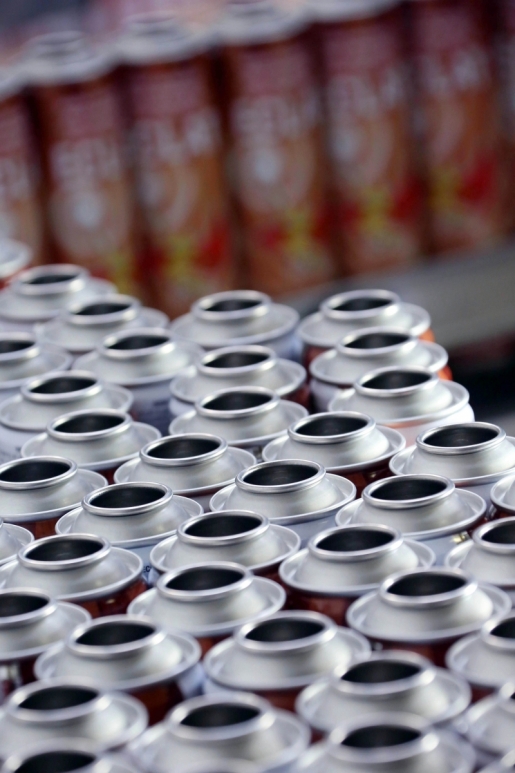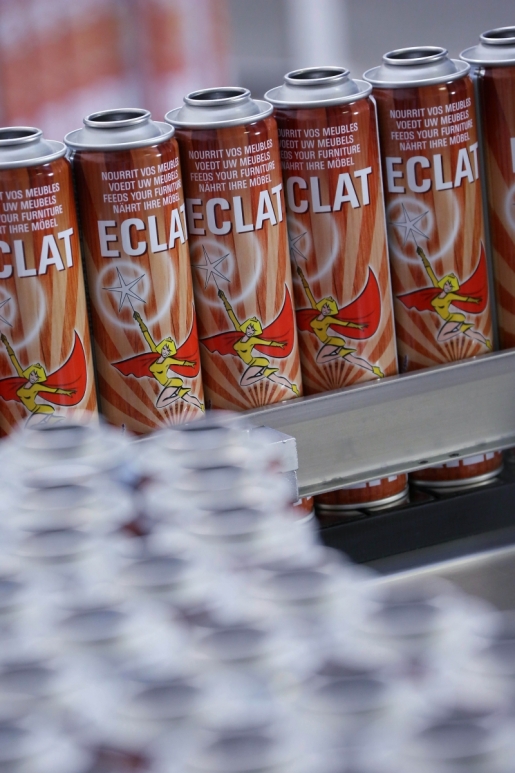Sustainability : A top-priority for our industry
"Sustainable Development is development that meets the needs of the present without compromising the ability of future generations to meet their own needs"- World Commission on Environment and Development (the "Brundtland Commission", 1987).
What does this mean for us?
Soaps, detergents and maintenance products play a vital role in ensuring cleanliness and hygiene - in people's homes and in public places like schools and hospitals, hotels and restaurants. They are also responsible for preserving and restoring our belongings and provide us with an overall sense of well-being. They are essential to health and quality of life, and are therefore integral to social development, one of the three pillars of Sustainable Development.
But these products also require energy and water, not just in the way they are produced but even more so in the way that consumers use them. Indeed, their consumption accounts for the vast majority of their environmental 'footprint' - the total environmental impact of a product, from its design and manufacture to its use and disposal.
This is why it is so important that consumers know how to use products responsibly, so that they can fully enjoy the benefits without wasting precious resources. (*)
(*) Source : www.cleanright.eu
What does group RIEM ?
Group RIEM is one of the first members of the 2010 version of A.I.S.E.'s « Charter for Sustainable Cleaning ». We are fully committed to addressing the principle of sustainable development and are continually working to improve the efficiency and sustainability of our industrial and logistical activities, and to use ingredients that are more environmentally friendly.

Aerosol recycling
Aerosol Cans = Eco Friendly? Yes !
Fact 1: Since 1990 aerosol propellants considered harmful to the ozone layer are not used anymore.
In 1987 the Montreal Protocol was signed. This landmark international agreement with the goal of phasing out the production and use of CFCs and other ozone depleting chemicals, came into force in Europe on December 31, 1989.
Since 1981, Group RIEM has voluntary eliminated CFC propellants from their consumer products.
Fact 2: Steel is Europe's most recycled packaging material.
It's easy to see why almost 70% (*) of steel packaging is recycled in Europe - more than any other competing packaging material.
- The fact that steel is magnetic makes it the easiest and most economical material to sort and recover.
- When your household waste is recycled, these magnetic properties enable steel packaging to be separated from cartons, plastic, and other materials.
- Unlike other materials, steel loses none of its strength or inherent qualities, no matter how many times it is recycled.
- And it's infinitely recyclable.
- Well established routes for collection and recovery of steel cans have ensured recycling excellence.
The aerosol cans used by Group RIEM are manufactured with almost 60% of recycled materials.
Steel is «made to be recycled» (*)
To make steel, you have to use recycled steel ! The recycling process is embedded into steel production, meaning that every steel plant is a recycling plant, producing steel of virgin quality while saving valuable resources.

Higher recycling = Lower CO2 (*)
By manufacturing new steel from recycled material, rather than only from primary raw materials, the steel for packaging industry is reducing its CO2 emissions. In fact, each item of recycled steel packaging saves twice its weight of CO2.
Put simply: the higher the recycling rate, the lower the CO2 emissions.
(*) Information source : Association of European Producers of Steel Packaging


